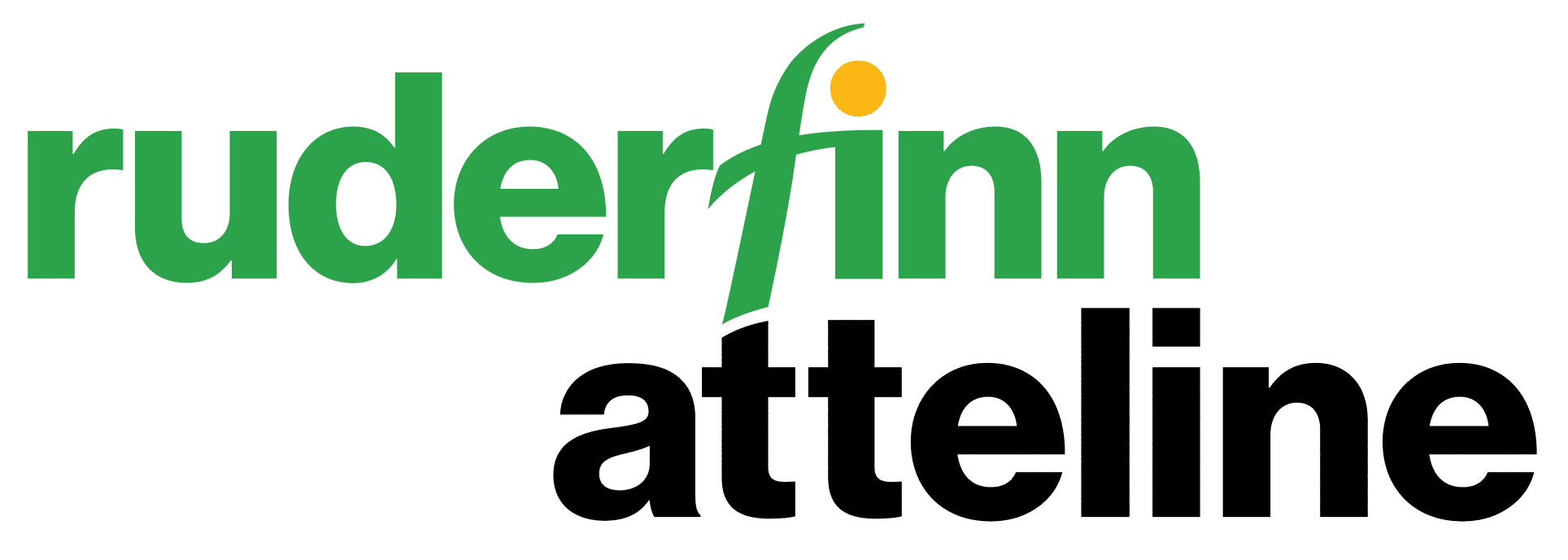It’s time to reframe neurodiversity as an asset
Happy Dyslexia awareness month!
Wouldn’t it be boring if everyone thought and worked in the same way? Life is by no means a one-size-fits-all business, and nor should it be. Dyslexia is a general term for disorders that involve difficulty in learning to read or interpret words, letters, and other symbols, but that does not affect general intelligence. With this in mind, Dyslexia Awareness Month is an annual calendar moment every October which aims to spread awareness and help the public to develop their understanding of dyslexia. And, better yet, it is a perfect time for employers and colleagues alike to reflect on how best to support their dyslexic colleagues as well.
We all see the world through different lenses.
One in five people are dyslexic, and still, 97% of the population view the learning difficulty in a negative light, mainly because of the lack of understanding, which has meant that help is scarce. There are many strengths to someone with dyslexia, including the ability to think holistically, collaborate with others, and solve problems with an unorthodox approach.
Break the bias
Today, I view people as unique individuals who require different environments and support systems to thrive and in fact, neurodiversity can be a competitive advantage to your team. Why? Dyslexic people have spent their whole lives coming up with imaginative ways to overcome challenges, hence, they are able to contribute towards your team’s strength with out-of-the-box ideas that would otherwise never be considered. It also provides the team with the ability to see the bigger picture and identify patterns not always clearly mapped out. Often on the receiving end of extra support, people with dyslexia also tend to be a lot more understanding and considerate of others and their unique needs and struggles. This means that your colleagues with dyslexia may make even more supportive and attentive managers and leaders. Understanding a person’s strengths gives them an opportunity to expand not only their confidence but skills; this is exactly what helps a workplace bring out the very best in every single employee.
I hope this article has challenged your viewpoints surrounding the stigma of people with dyslexia. I encourage you to see the world differently and see individuality as a trait to be proud of. In fact, my email signature should say “Delightfully dyslexic, excuse the typos!”.
A note to employers; present and future – the world of work is evolving to close the gap between the general keywords you see on everyone’s CV, and neuro-diverse talent is the future of attracting and developing such critical talent. For those who are dyslexic – how we learn has nothing to do with how brilliant we are!
https://www.forbes.com/sites/sfrost/2021/08/05/dyslexia-can-future-proof-your-business/
Words By: Eva Currie, Junior Account Executive at Atteline

